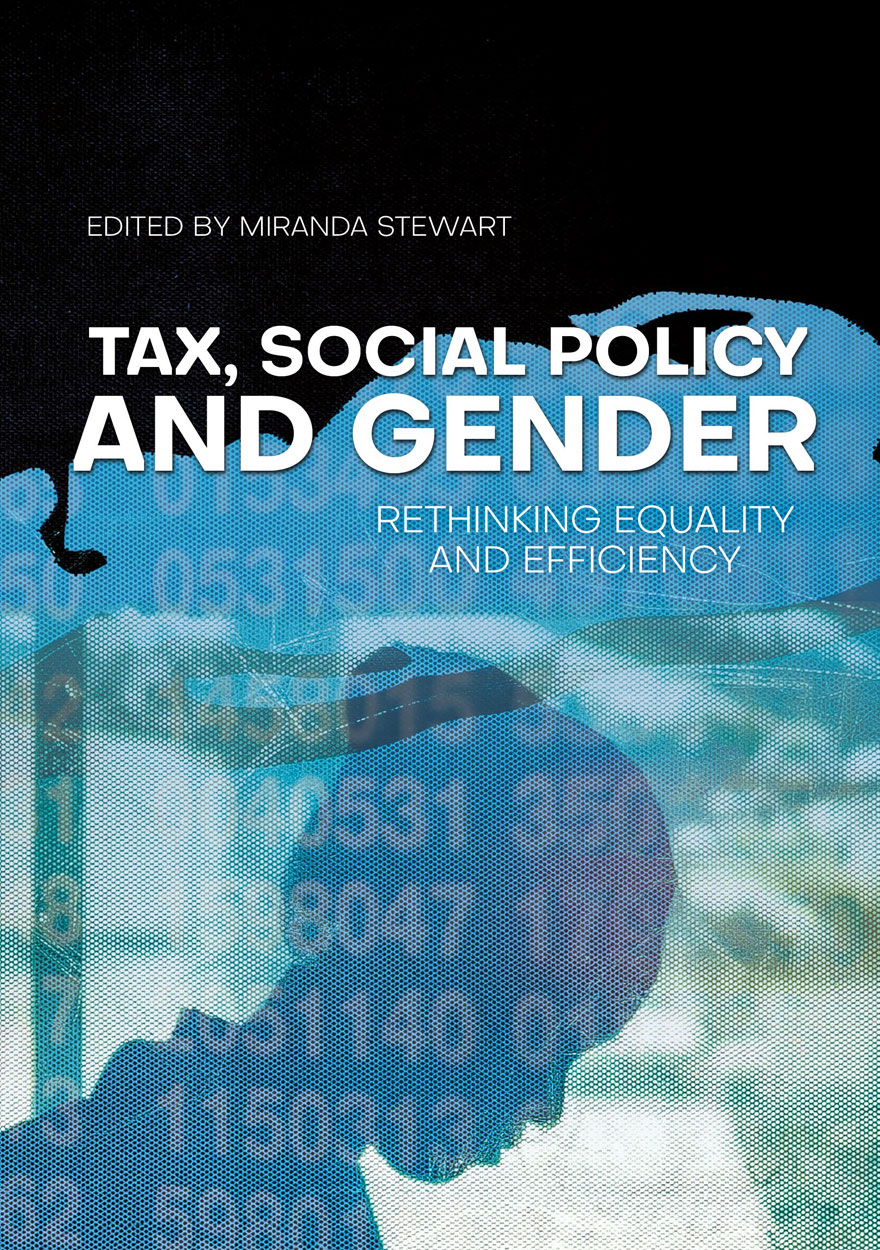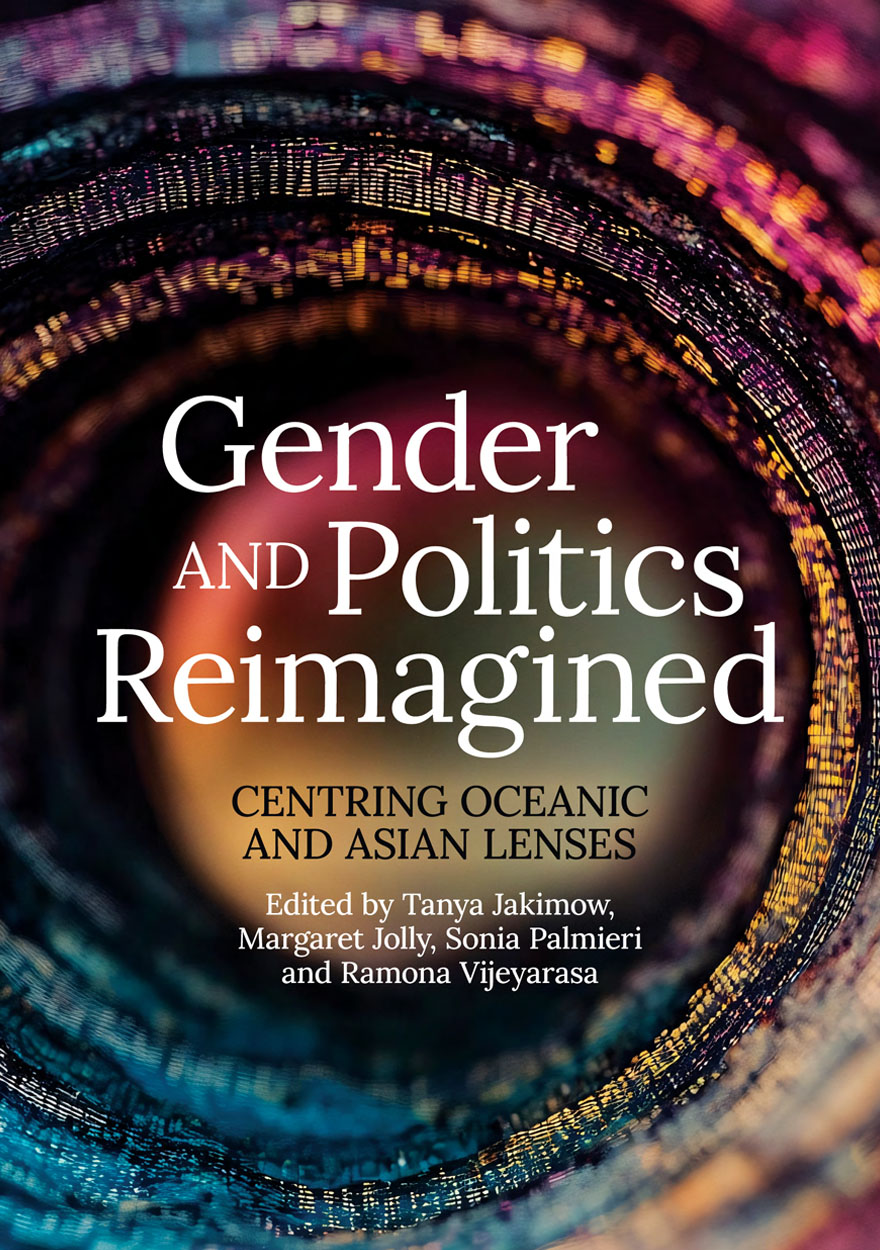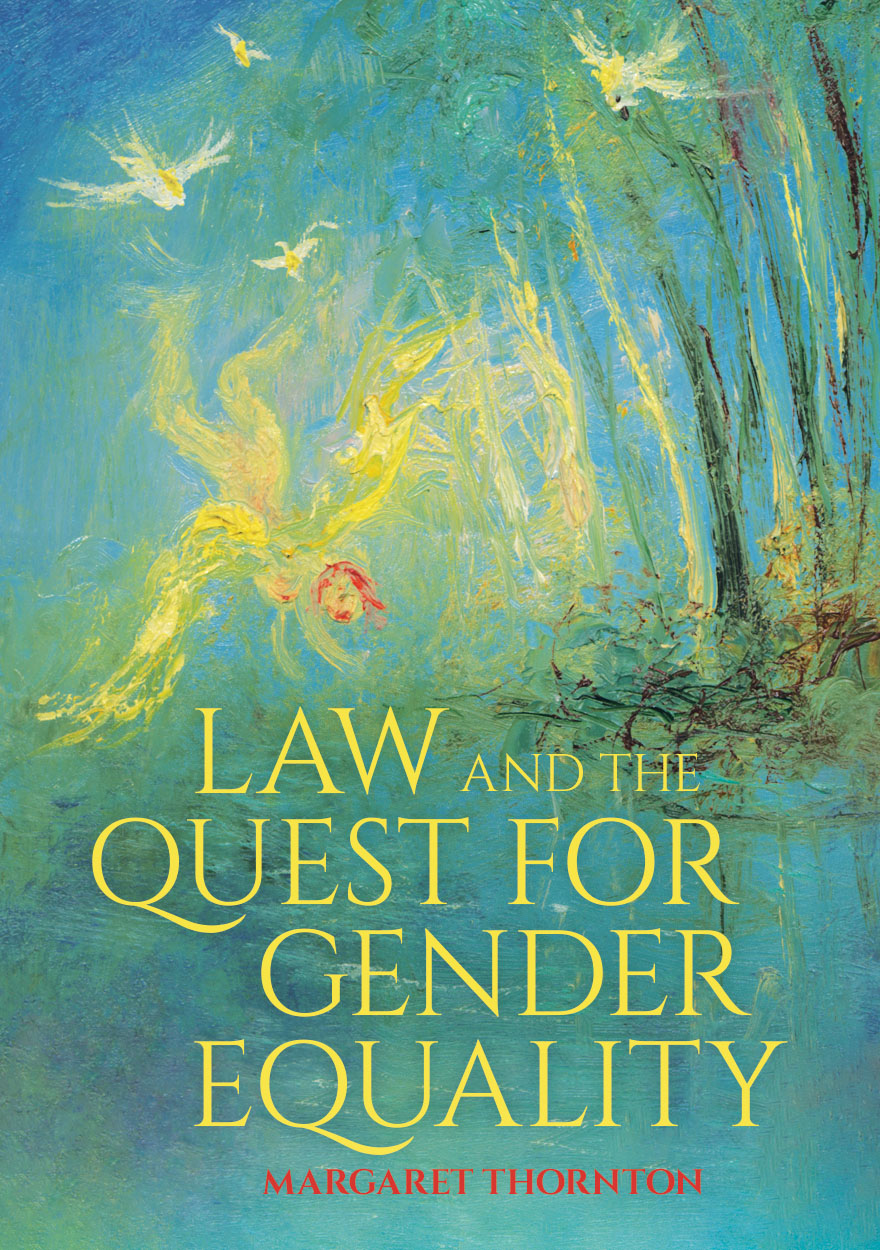
Tax, Social Policy and Gender
Rethinking equality and efficiency
Edited by: Miranda StewartPlease read Conditions of use before downloading the formats.
Description
Gender inequality is profoundly unjust and in clear contradiction to the philosophy of the ‘fair go’. In spite of some action by recent governments, Australia has fallen behind in policy and outcomes, even as the G20 group of nations, the Organisation for Economic Co-operation and Development and the International Monetary Fund are paying renewed attention to gender inequality.
Tax, Social Policy and Gender presents new research on entrenched gender inequality in a comparative framework of human rights and fiscal sustainability. Ground-breaking empirical studies examine unequal returns to education for women and men, decision-making about child care by fathers and mothers, the history and gendered effects of the income tax and family payments, and women in the top 1 per cent. Contributors demonstrate how Australia’s tax, social security, child care, parental leave, education, work and retirement income policies intersect to compound gender inequality.
Tax, Social Policy and Gender calls for a rethinking of equality and efficiency in tax and social policy and provides new policy solutions. It offers a pathway to achieve gender mainstreaming for women’s economic security and the wellbeing of all Australians.
Details
- ISBN (print):
- 9781760461478
- ISBN (online):
- 9781760461485
- Publication date:
- Nov 2017
- Imprint:
- ANU Press
- DOI:
- http://doi.org/10.22459/TSPG.11.2017
- Disciplines:
- Social Sciences: Gender Studies, Social Policy & Administration
- Countries:
- Australia
PDF Chapters
Tax, Social Policy and Gender »
Please read Conditions of use before downloading the formats.
If your web browser doesn't automatically open these files, please download a PDF reader application such as the free Adobe Acrobat Reader.
To copy a chapter DOI link, right-click (on a PC) or control+click (on a Mac) and then select ‘Copy link location’.
- Preliminary pages (PDF, 0.2MB)
- List of figures (PDF, 0.1MB)
- List of tables (PDF, 0.1MB)
- List of acronyms (PDF, 0.1MB)
- Contributors (PDF, 0.1MB)
- Preface and acknowledgements (PDF, 0.1MB)
- Foreword (PDF, 0.1MB)
- Gender inequality in Australia’s tax-transfer system (PDF, 0.9MB) – Miranda Stewart doi
Part I: Frameworks for gender analysis
- Australian tax-transfer policies and taxing for gender equality: Comparative perspectives and reform options (PDF, 0.9MB) – Kathleen Lahey doi
- Gender equity in the tax-transfer system for fiscal sustainability (PDF, 0.4MB) – Patricia Apps doi
- Gender equality and a rights-based approach to tax reform (PDF, 0.2MB) – Helen Hodgson and Kerrie Sadiq doi
Part II: Work and care
- Taxes, transfers, family policies and paid work over the female life cycle (PDF, 0.4MB) – Guyonne Kalb doi
- Paying for care in Australia’s ‘wage earners’ welfare state’: The case of child endowment (PDF, 0.3MB) – Julie Smith doi
- Parents’ primary and secondary child care time adjustment to market time: Evidence from Australian mothers and fathers (PDF, 0.3MB) – Huong Dinh and Maria Racionero doi
Part III: Human capital, savings and retirement
- Gender differences in costs and returns to higher education (PDF, 0.7MB) – Mathias Sinning doi
- Women and top incomes in Australia (PDF, 1.0MB) – Miranda Stewart, Sarah Voitchovsky and Roger Wilkins doi
- Budgeting for women’s rights in retirement (PDF, 0.6MB) – Siobhan Austen and Rhonda Sharp doi
Part IV: Towards gender equality in the tax-transfer system
- Pathways and processes towards a gender equality policy (PDF, 0.2MB) – Meredith Edwards and Miranda Stewart doi
Reviews
My prediction is that this publication will help lay valuable foundations for the future stream of ‘gender-lensing’ research that will be increasingly sought by contemporary policy practitioners who are attuned to the underlying drivers of gender inequities in societal and economic architecture. Our interest now lies in whether governments will take heed of this rich economic analysis and reconsider any perception that just because Australia does not have pink and blue tax forms, the system is free from gender inequities.
—Leonora Risse, Economic Record, Vol 93 (310), 2019
The full review can been read on the Wiley Online Library
Other publications that may interest you













